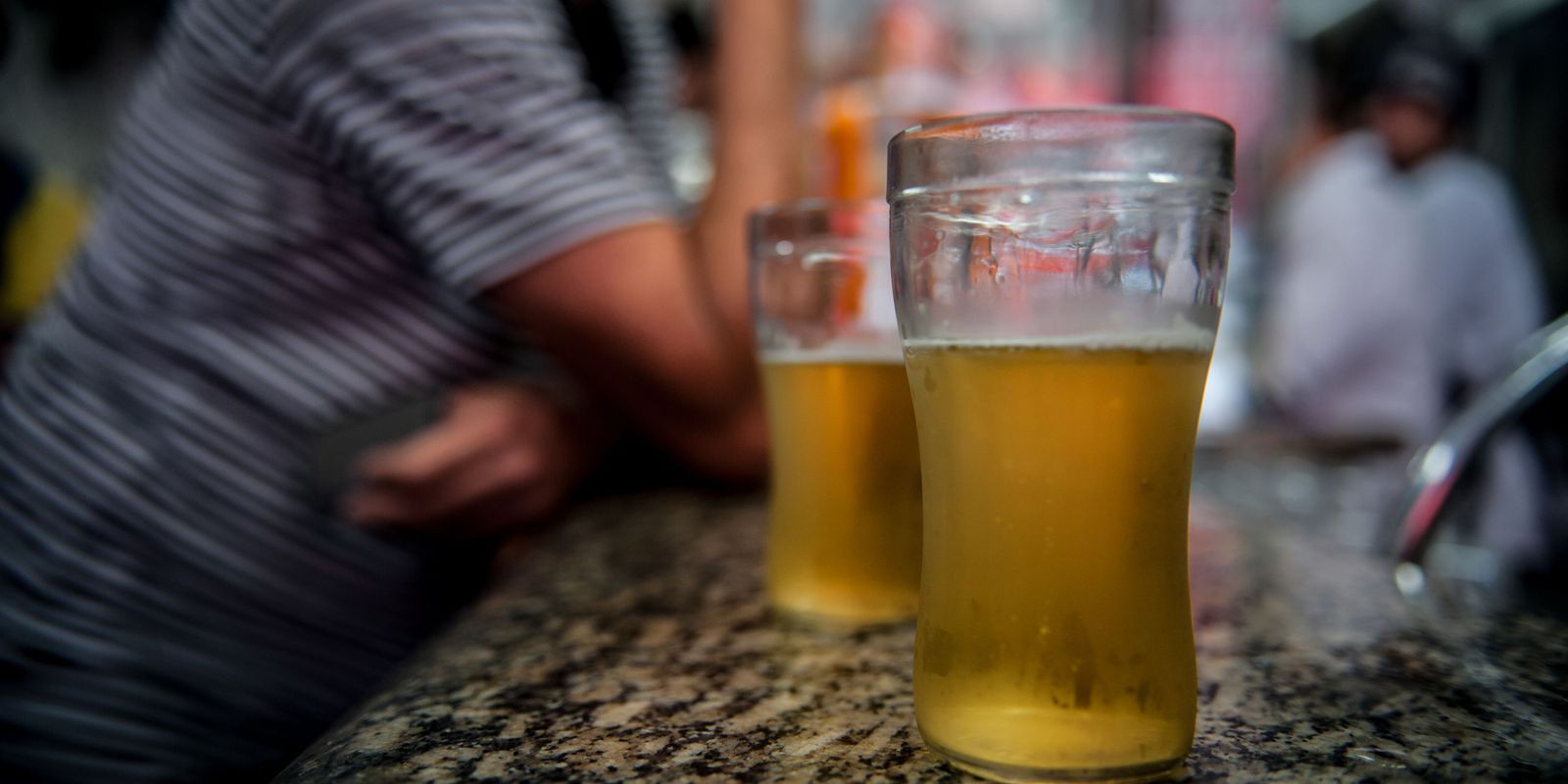Research on female alcoholism in Alcoholics Anonymous (AA) groups shows that women’s treatment can be more effective when participants’ meetings are held only with females. The study, conducted by researchers from the School of Arts, Sciences and Humanities at the University of São Paulo (EACH-USP), was published in the Drug and Alcohol Review .
According to the author of the research, Professor Edemilson de Campos, women reported feeling less welcomed and more exposed in mixed groups. The AA therapeutic program is based on the sharing of experiences and experiences.
“In meetings where they participate with men, they often find it difficult to expose intimate issues, more personal issues, which involve, for example, the issue of sexuality or affective issues. They feel intimidated by men and also, in some cases, they refer to harassment, to sexist jokes, that men do.”
“From what I have seen, in interviews and also in the observation of these meetings, some women are able to participate in mixed meetings, but most or most are not able to, they often end up abandoning treatment because of this”, he added.
The researcher points out that female alcoholism faces greater prejudice in society than the male. According to him, the alcoholic woman is much more stigmatized, that is, even if she suffers from the same disease, being dependent on alcohol for a woman is more “disgraceful” than for a man.
“The use of alcoholic beverages by men and women society sees differently. For society, the woman admitting that she has alcoholism is a difficult issue, there is a very strong prejudice of the alcoholic woman, and of the woman who drinks too. This makes it difficult for her to assume that she is really addicted to alcohol. It is a problem of society as a whole, which is reflected in AA itself”.
According to the last inventory made by the AA, in 2018, about 13% of the participants were women. In São Paulo, according to the researcher, of the 120 groups in the city, only two hold meetings exclusively for women.
“And it is in this feminine space, the women’s meeting, that women feel most welcomed. Among peers, among equals, in short, from a gender point of view, then they are able to better share their experiences. This gender space is very important for the recovery of women”.















